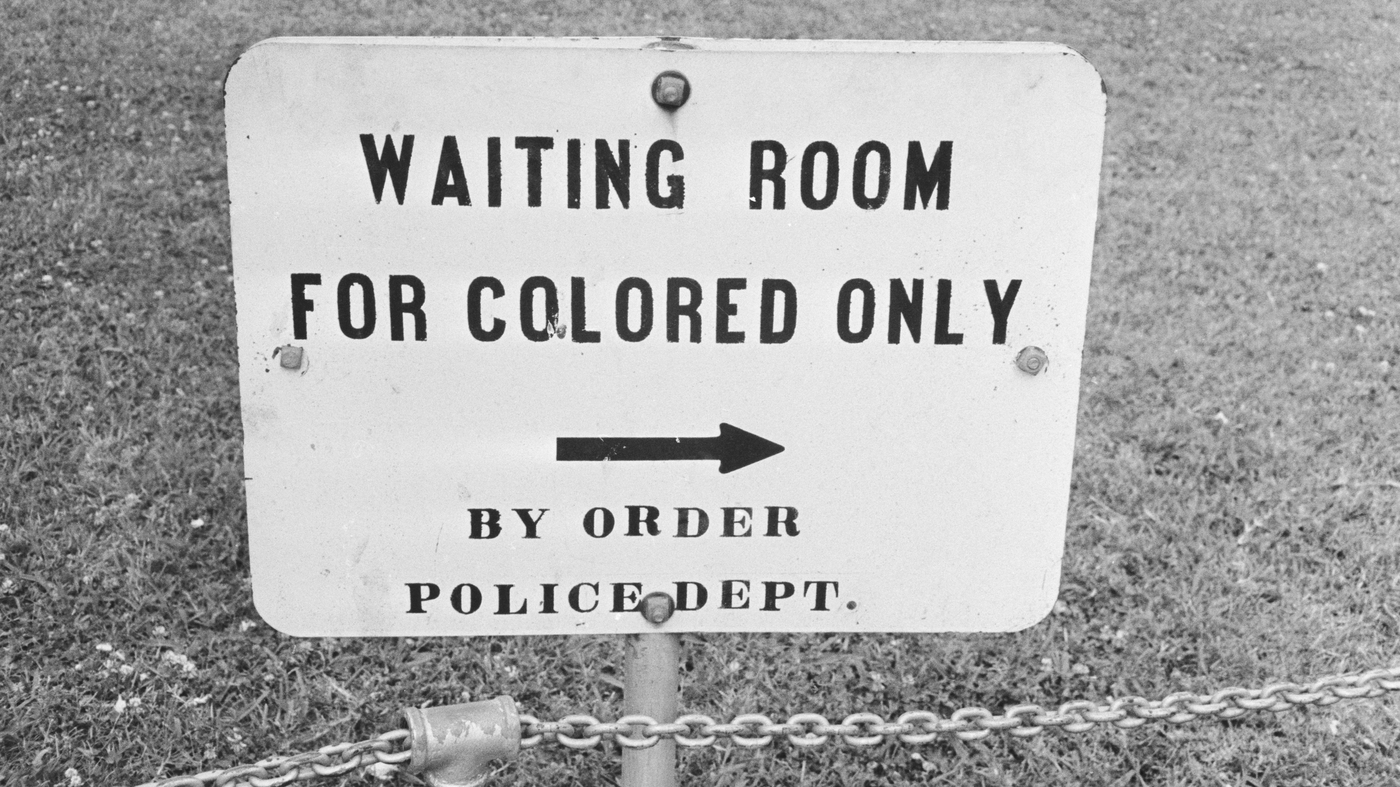Legal Advice: Navigating the Complexities

Legal Advice: Navigating the Complexities
In today’s fast-paced world, legal matters have become an integral part of our lives. Whether it’s dealing with business contracts, family disputes, or personal injury claims, seeking legal advice is crucial. With the abundance of information available online, it is capable of be overwhelming to decipher what’s relevant and accurate. In this article, we will explore the importance of legal advice, the types of situations wpresent it’s essential, and how to find the correct legal counsel for your specific needs.
Understanding the Basics of Legal Advice
When it comes to legal matters, seeking advice from a qualified professional can make all the difference. Legal advice refers to the guidance provided by means of lawyers or legal experts to individuals and businesses about their legal rights, responsibilities, and courses of action. It helps individuals make informed decisions and navigate the complexities of the legal system.
Why Legal Advice Matters
Legal advice is indispensable in various situations, such as:
1. Business Transactions and Contracts
In the business world, contracts are the backbone of every agreement. Legal advice ensures that contracts are well-drafted, protecting the interests of all parties involved. It helps businesses evade potential disputes and legal complications.
2. Family Law Matters
Legal advice is crucial in family law cases, including divorce, child custody, and spousal support. A family lawyer provides expert guidance, ensuring that the legal processes are followed, and the rights of all parties, especially children, are protected.
3. Personal Injury Claims
If you’ve been injured due to someone else’s negligence, seeking legal advice is essential to file a personal injury claim. A skilled attorney can assist you navigate the complexities of insurance claims and legal proceedings, ensuring you receive fair compensation for your injuries.
4. Criminal Defense
In criminal cases, legal advice is fundamental to building a strong defense. A knowledgeable criminal defense attorney can protect your rights, challenge evidence, and ensure a fair trial, increasing the chances of a favorable outcome.
How to Find the Right Legal Counsel
Finding the correct legal counsel can be overwhelming, considering the multitude of options available. Here are steps to guide you in the process:
1. Assess Your Needs
Identify the specific legal issue you’re facing. Different lawyers specialize in different areas of law, therefore it’s essential to select one with expertise in the relevant field.
2. Research Thoroughly
Conduct thorough research to find potential lawyers or law firms. Read client testimonials, verify online reviews, and verify their credentials and experience. Personal recommendations from friends and family can in addition, additionally be valuable.
3. Schedule Consultations
Arrange consultations with potential lawyers. Use this opportunity to discuss your case, enquire questions, and assess their communication skills and expertise. A face-to-face meeting can assist you gauge whether you’re comfortable working with them.
4. Discuss Fees and Services
Clarify the lawyer’s fees, payment structure, and services included. Understand what services are covered in the fee and inquire about any additional costs that might arise during the legal process.
Conclusion
Legal advice is a cornerstone of a fair and just society. It empowers individuals and businesses to protect their rights and make informed decisions. By understanding the importance of legal advice and knowing how to find the right legal counsel, you can navigate the complexities of the legal system with confidence.
Frequently Asked Questions
Q1: How much does legal advice cost?
A1: Legal fees vary based on the complexity of the case and the lawyer’s experience. It’s essential to discuss fees and payment structures during the initial consultation.
Q2: Can I receive liberate legal advice?
A2: Some organizations and legal aid services provide relfacilitate legal advice to individuals who cannot afford private legal representation. Research local resources to find options in your area.
Q3: How long does it take to receive legal advice after consulting an attorney?
A3: The timeline for receiving legal advice depends on the attorney’s availability and the urgency of your situation. It’s advisable to discuss expected response times during your consultation.
Q4: What documents should I bring when seeking legal advice?
A4: When consulting an attorney, bring any relevant documents related to your case, such as contracts, correspondence, or court papers. These documents can assist the lawyer assess your situation accurately.
Q5: How do I know if I request legal advice for my situation?
A5: If you’re unsure whether you require legal advice, it’s best to consult with an attorney. They can assess your situation and provide guidance on the appropriate legal steps to take.



